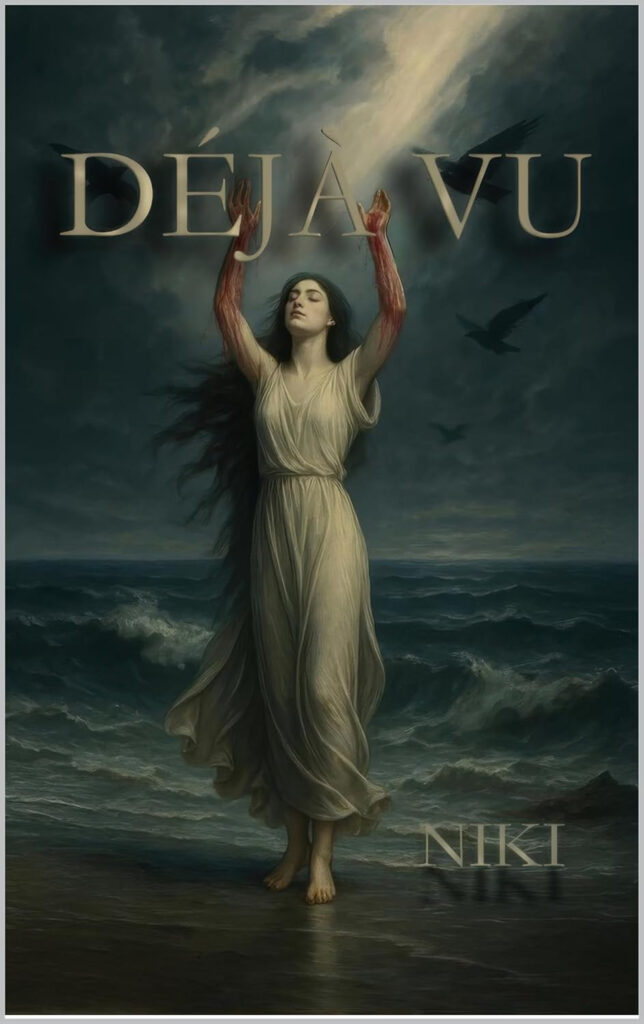
A genre-defying exploration of art, death, identity, and redemption, Déjà Vu by Niki is an afterlife drama like no other, and a modern-day sojourn into the realms of mythology.
When the emotionally tortured Zenia makes the fateful choice to cut her life short, she is forced into a soul-baring trial by the Queen of the Underworld. As punishment for her fatal sin, Zenia must traverse the damned worlds of her own making and memory, where “her body carries proof of a crime,” each arm stained with blood she cannot wipe clean.
From revealing interrogations with the ancient Chorus and delirious wanders in ruined cities of forgetfulness to parleys with petty Greek goddesses and fleeting reunions with lost loves, Zenia navigates an otherworldly dreamscape inspired by her own art and experience. As she blindly seeks an escape from Persephone’s purgatorial curse, she must face painful specters of the past, each of whom contributed in some way to her ultimate betrayal of existence.
Zenia boldly progresses through a hero’s journey peppered with epic poetry, profound philosophical maxims, and cathartic allegories for closure, healing, and ultimately forgiveness. Deeply knotted with timely themes of trapped identities, forgiveness, reunion, and the paradoxical pleasure-pain of blossoming, this is a long-form love note and embrace of encouragement for readers who are still on their journey towards self-actualization and existential maturity.
Self-harm, suicide, and mental health crises can be challenging subjects to unpack for readers, but the author handles every subject with dignity, care, and compassion. Delving into complex realms of sibling solidarity, self-betrayal, the necessary sacrifices of love, the sting of failing friendship, the predatory nature of man, as well as “the body she wore like an ill-fitting disguise,” nothing is off-limits or taboo in this revelatory odyssey. Probing the tender places where dream and memory merge, this heady read is reminiscent of Dante’s The Divine Comedy, with mystical atmospheric splashes of Neil Gaiman’s The Sandman.
Though some thematic messaging is lyrically cloaked in allusion and allegory, it isn’t hard to identify the supportive commentary on gender fluidity, neurodivergence, and feminine resistance to social norms. Examining some of the heaviest burdens and complicated questions we face as humans, this tome is not for the faint of heart, nor for readers who prefer traditional storytelling structures. From the first paragraph of the prologue, it’s clear that this is the work of a lexophile, an artist who revels in the act of creation and expression, with the writing eagerly pushing against the natural limitations of the page.
Flowing between lavish dreamscapes and narrative nightmares, the prose is lush and vivid, and the undeniably old-fashioned language is elevated in terms of syntax, vocabulary, and phrasing, rarely rushing past an emotional dissection or dramatic splash of scene-setting, even as it explores the full spectrum of imaginable emotions. The author puckishly blurs the lines between prose, poetry, dream, waking, myth, and metaphor, making it possible to lose the flow of the plot, but toying with concepts of thresholds, transitions, and reality itself feels central to the writer’s intention.
A mind-bending journey into the depths of memory to reveal the irrefutable truths hidden there, Niki’s enigmatic novel is a provocative light in the dark, and a creative clarion call to persevere.
Book Links
STAR RATING
Design
Content
Editing
Get an Editorial Review | Get Amazon Sales & Reviews | Get Edited | Get Beta Readers | Enter the SPR Book Awards | Other Marketing Services



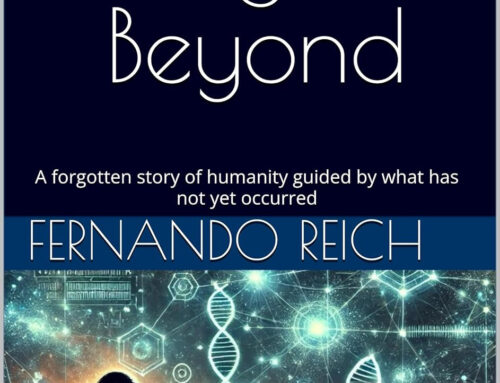
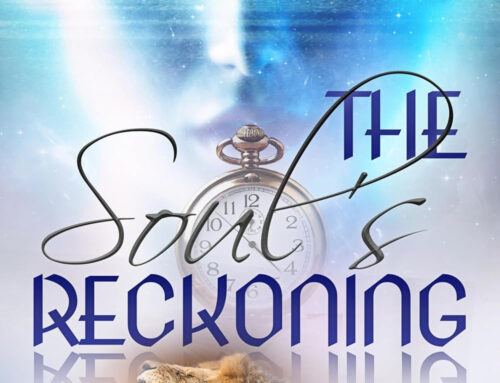
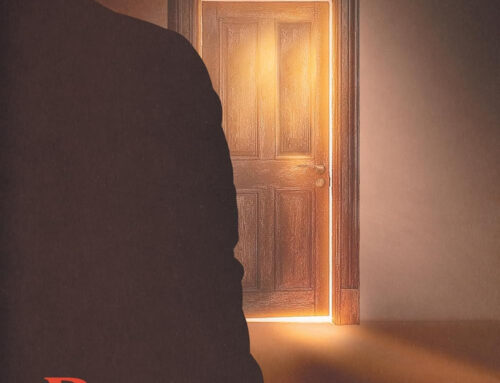
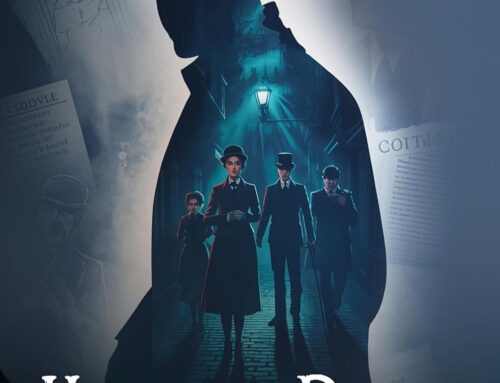
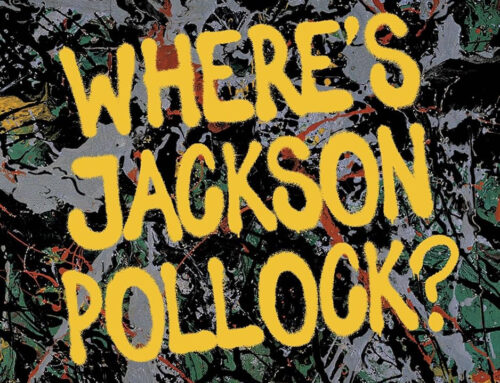

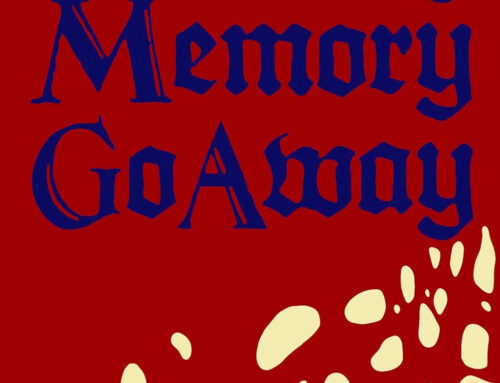
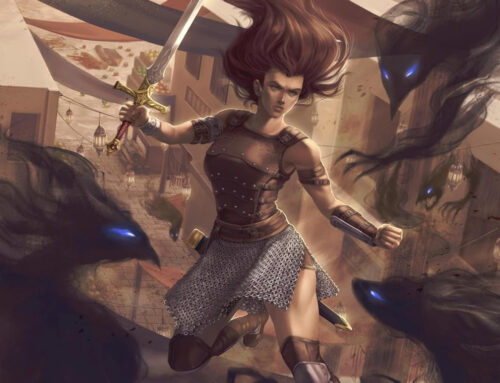

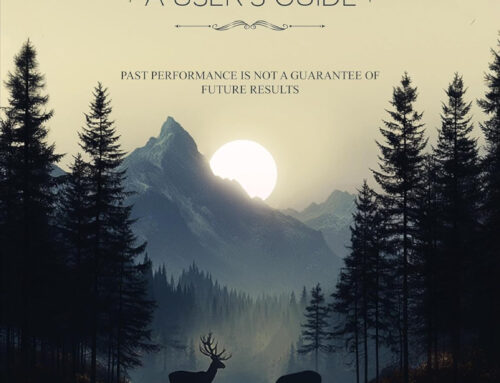

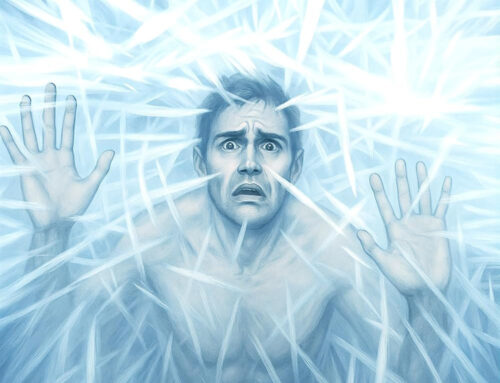
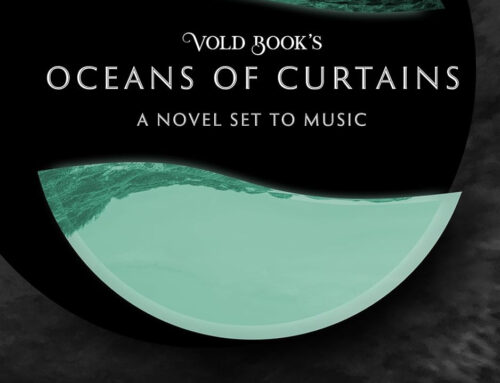

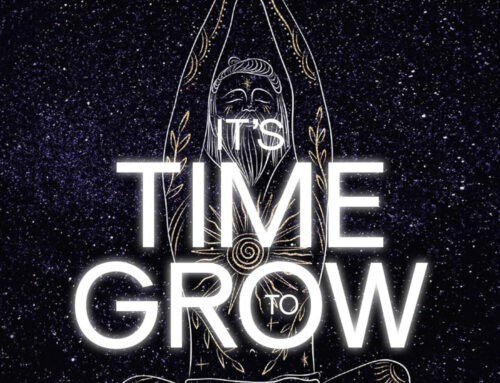
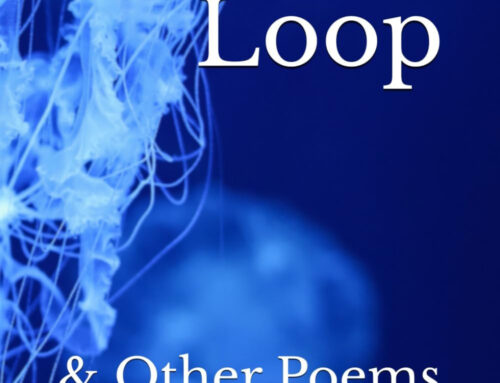




Leave A Comment